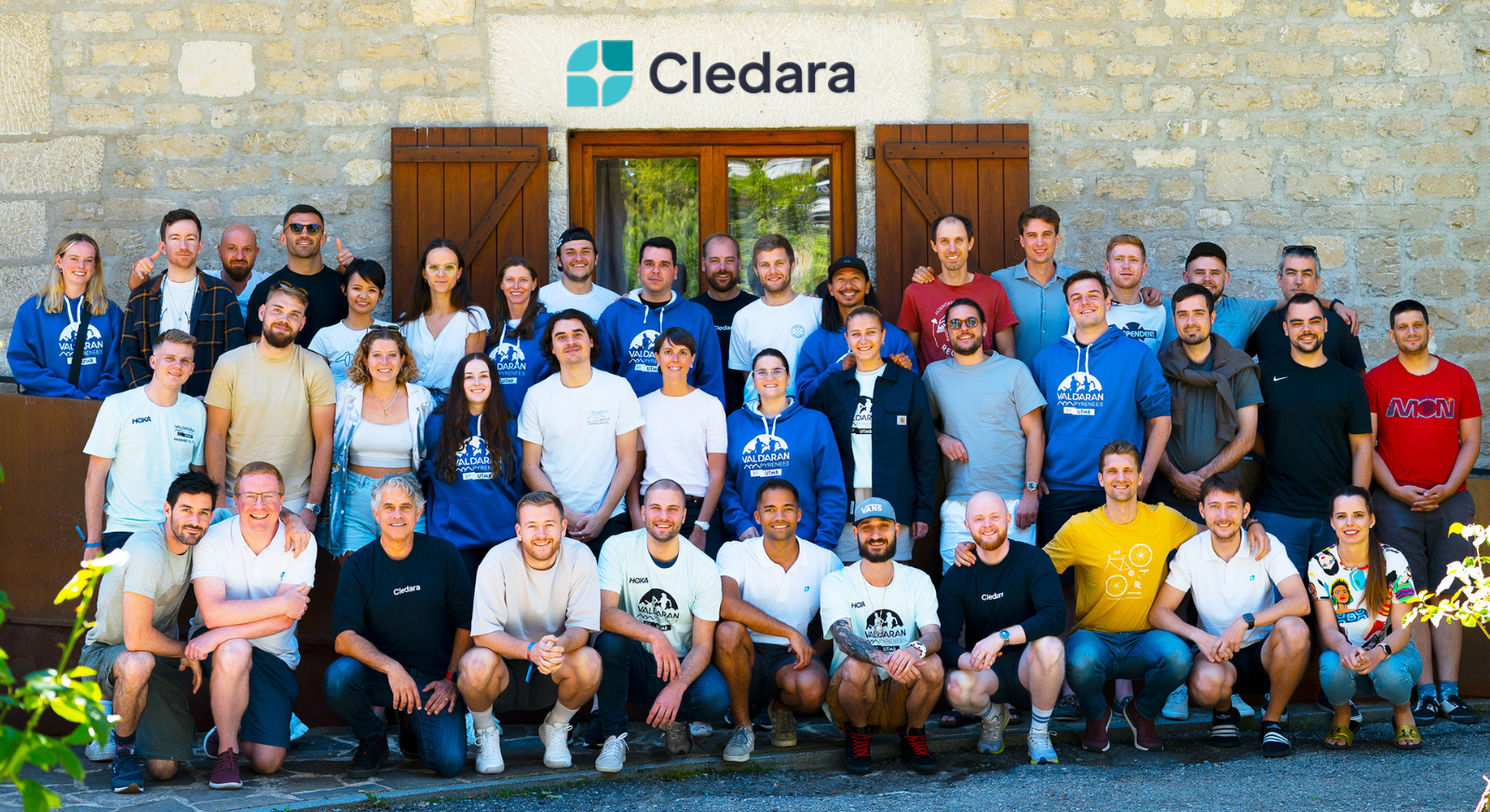When founders go out to raise cash, they often get a helping hand from bankers.
One of the best in the biz is the venture and growth banking team at Lazard — the world’s largest private investment bank. The bank may be most known for brokering huge M&A deals, but it’s also been working with unlisted startups since 2019.
Last year, the venture and growth banking team helped tech companies including the likes of FNZ raise $2bn (the team doesn’t share most client names). In the UK, it’s also advised university spinout investor Northern Gritstone on its £215m fundraise.
So, given all the deals that come across the Lazard team’s desk — the venture and growth banking team’s co-head, Garri Jones, say they look at probably four to five pitch decks a day — they should have a pretty good sense of what’s going on in the market.
Top of investors and founders’ minds: downrounds.
Scared of downrounds
“It does worry me that everyone — bankers, founders, investors — are so scared of the downround,” says Jones. “They just won't cut to the chase and get there. In the public markets, it happens every day. It's called a discounted rights issue.”
He says that the market’s hangup over downrounds could potentially keep money from going to companies that do need it — if they’ve previously raised at very high valuations that don’t hold up now.
“In the UK, which is an economy desperate for growth, there are some great young businesses out there, with really great teams and good ideas and — critically — great science. And they're going to need funding,” he says.
Internal rounds are a go-go
Jones has been on both sides of the fundraising table. He spent time at Goldman Sachs, then helped Ali Parsa — best known for founding digital health scaleup Babylon — finance his previous venture, Circle Health, from seed to IPO, before going back into banking.
While some VCs may have spent the beginning of the year sitting on their hands, Jones says that Lazard’s team is busy with deals from last year and new mandates. He says that the bank is being brought in to help negotiate internal rounds with companies — rounds being raised from only existing shareholders.
“Generally those [internal round] conversations happen without a bank,” he says. “But as those conversations get a bit crunchy and incentives become misaligned, we’re encouraging the boardroom to realign those incentives.”
That has included more downside protection for investors in term sheets, such as liquidation preferences of 1.5x or 1.75x as opposed to 1x — that's the multiple of their original investment that investors can claw back before founders or employees get their payouts from an exit — and more convertible loans.
And of course, lower valuations. They're down “give or take 30-70%, depending on which sector you’re in” for the companies that have to raise now because they “raised [money to last] for 18 months two years ago." These are about 60% of the companies raising now, by his estimate.
The lucky ones
The other 40%, however, are having a far easier time. These are early-stage companies or “specialist” companies with a scientific innovation element that are “a little bit insulated from the general funding market”.
He puts areas like energy transition, quantum, digital health, cybersecurity, semiconductors and deeptech more broadly in this bucket.
“Yes, valuations will be down because the whole market’s down, but I don't think management teams feel that investors are being particularly harsh on valuations.”
The end dollar
Finally, Jones says he’s concerned about the fact that the capital for many British tech businesses isn’t ultimately coming from UK sources — giving the UK and its citizens less of a stake in homegrown innovation. In other words, VCs may be based in the UK, but their investors are not ultimately from the UK.
It’s a concern increasingly shared by members of the UK’s tech ecosystem; especially now that investors and policymakers across Europe are waking up to the geopolitical importance of innovation.
“It's a huge concern for me as a British citizen that for most of my investing clients in the venture capital and growth equity space, fundamentally, the end pound or end dollar is in fact a dollar, not a pound,” he says. “It could be a Canadian dollar or a Singaporean dollar. But it's not a British pound.
“We spend a lot of time talking to the government and the big pension funds about this issue.”
It's a huge concern for me as a British citizen that for most of my investing clients in the venture capital and growth equity space, fundamentally, the end pound or end dollar is in fact a dollar, not a pound
Unique… or not
So if you’re a founder wanting to fundraise and work with Jones and his team? One piece of advice: avoid the word unique.
Jones says the first thing he asks his team do to when they get a pitch deck from a company is to do a word search for the word unique.
“It's a little bit harsh, because of course every entrepreneur does think their business is unique or their angle is unique. And to be honest, that's what VCs look for as well. But the truth is, I don't think many ideas are unique. I think it's in the execution.”


